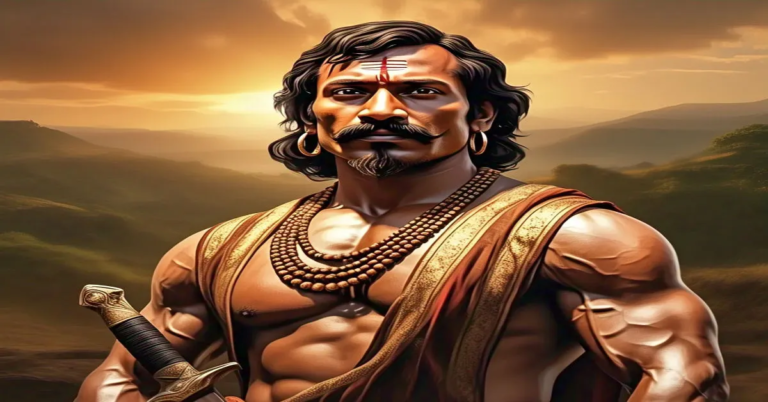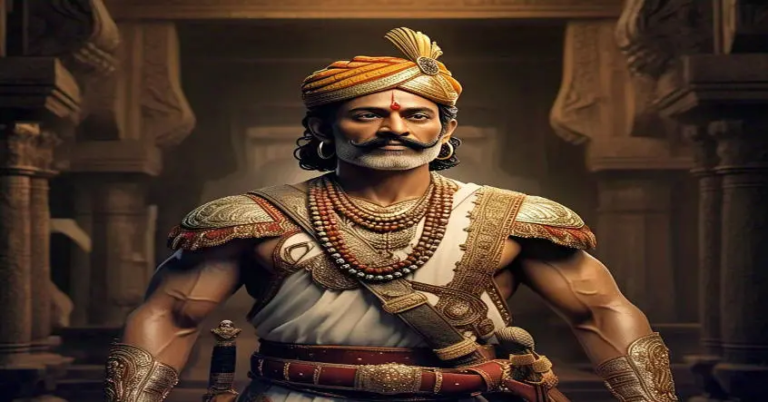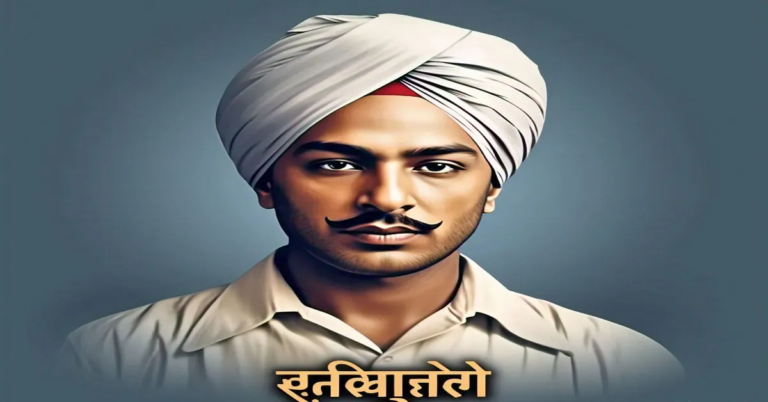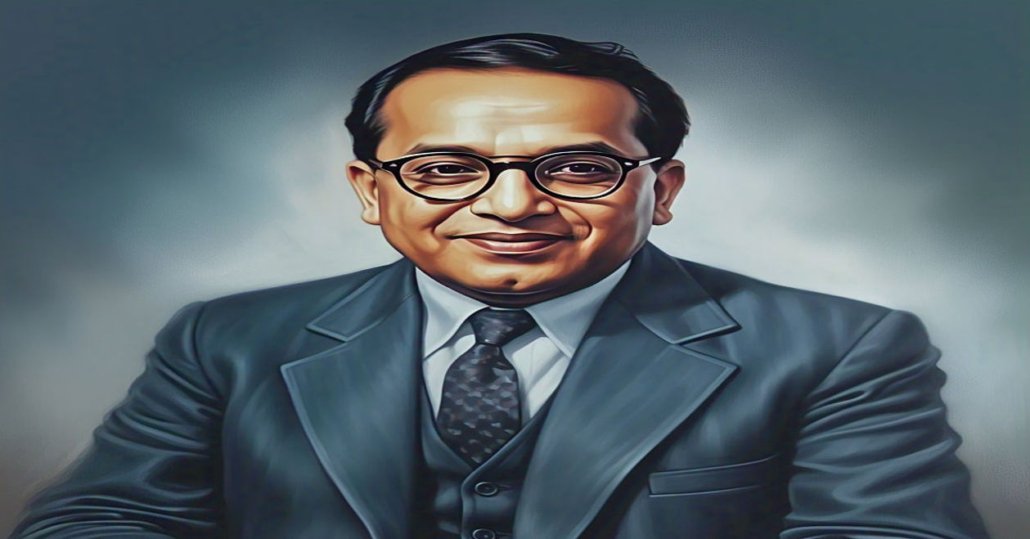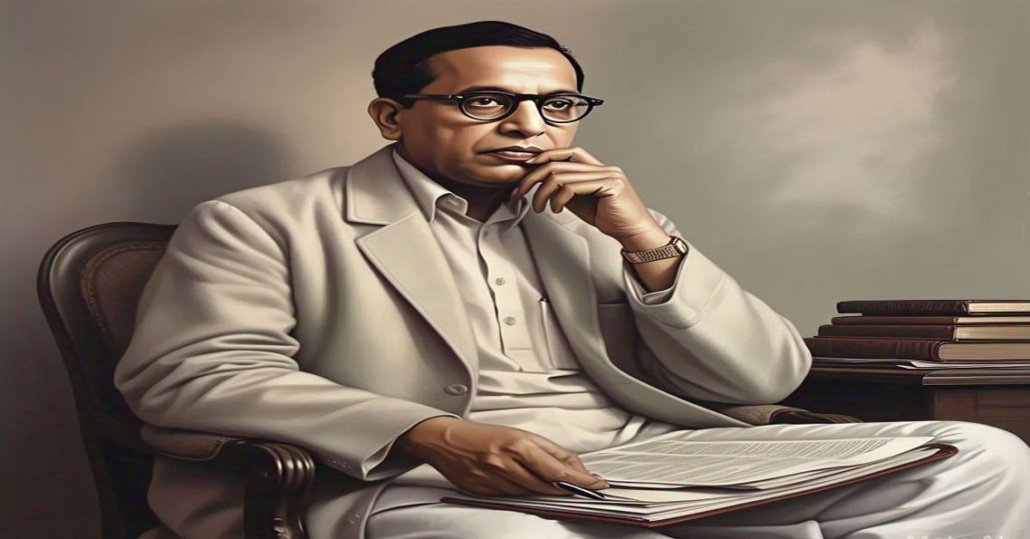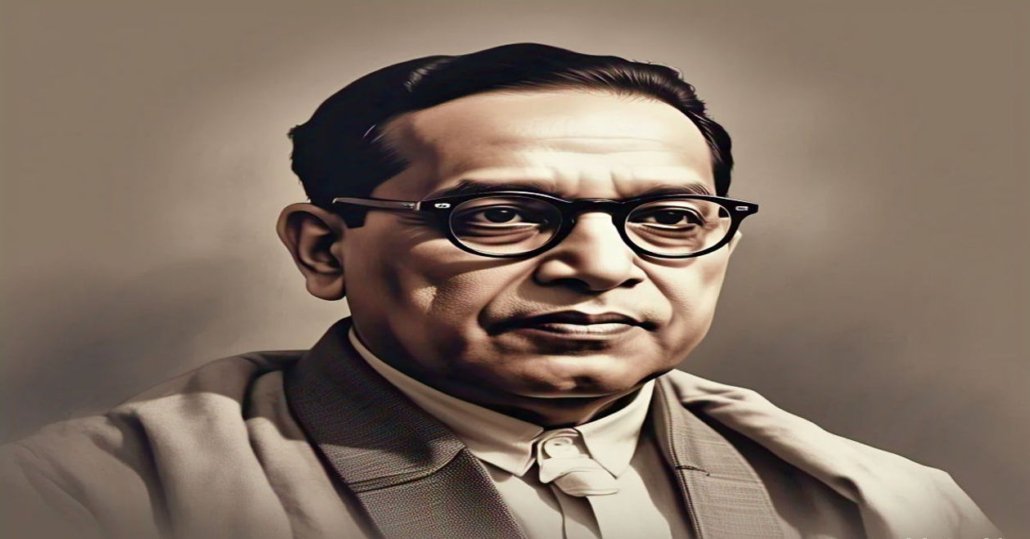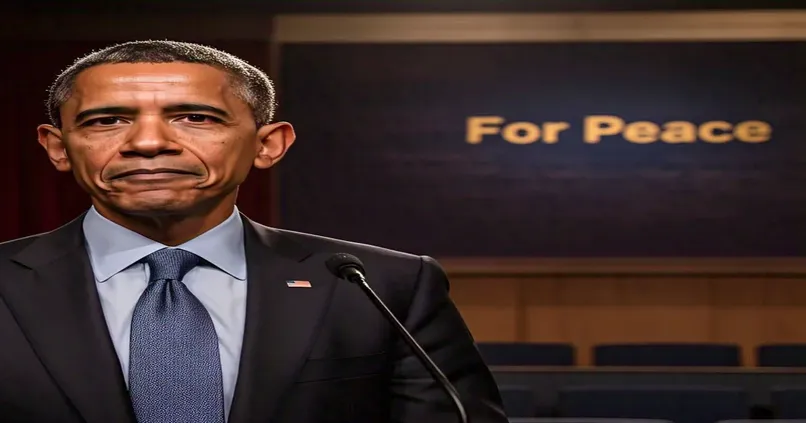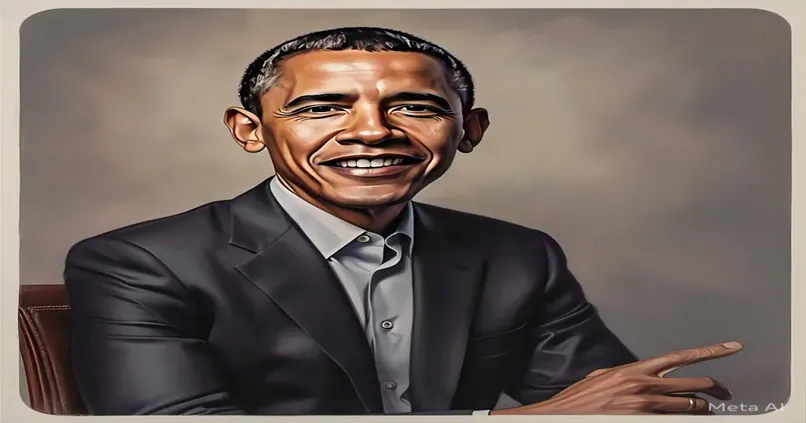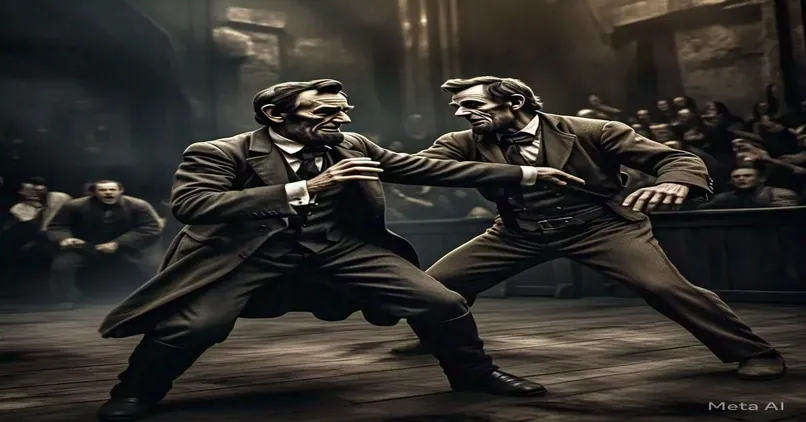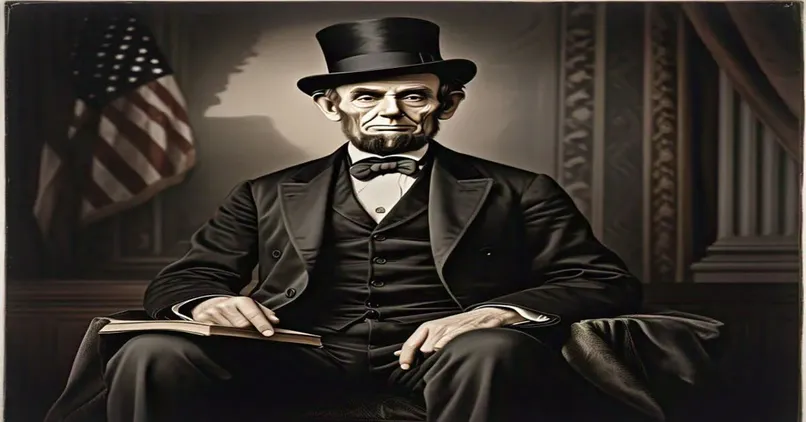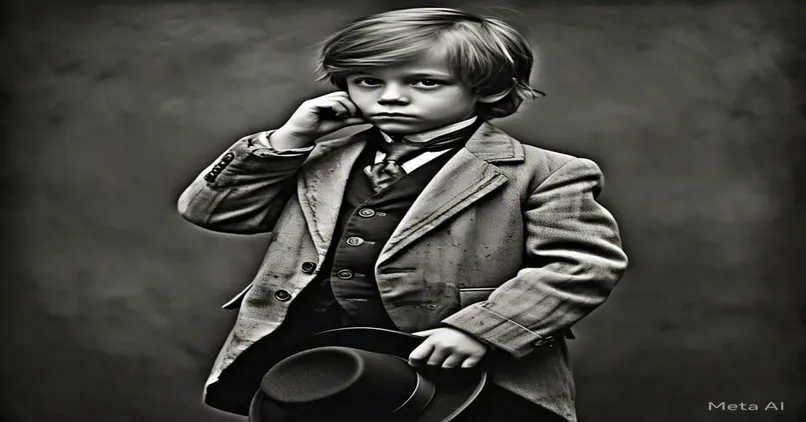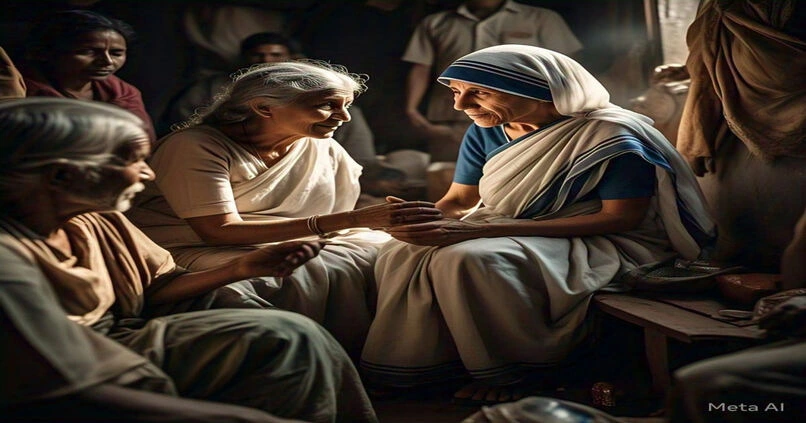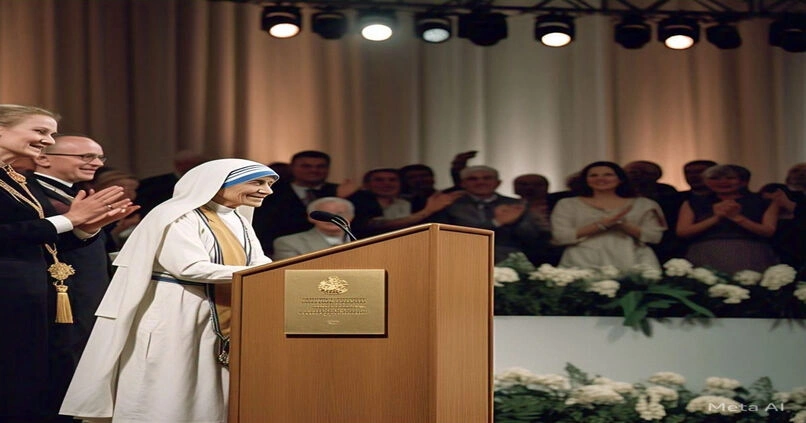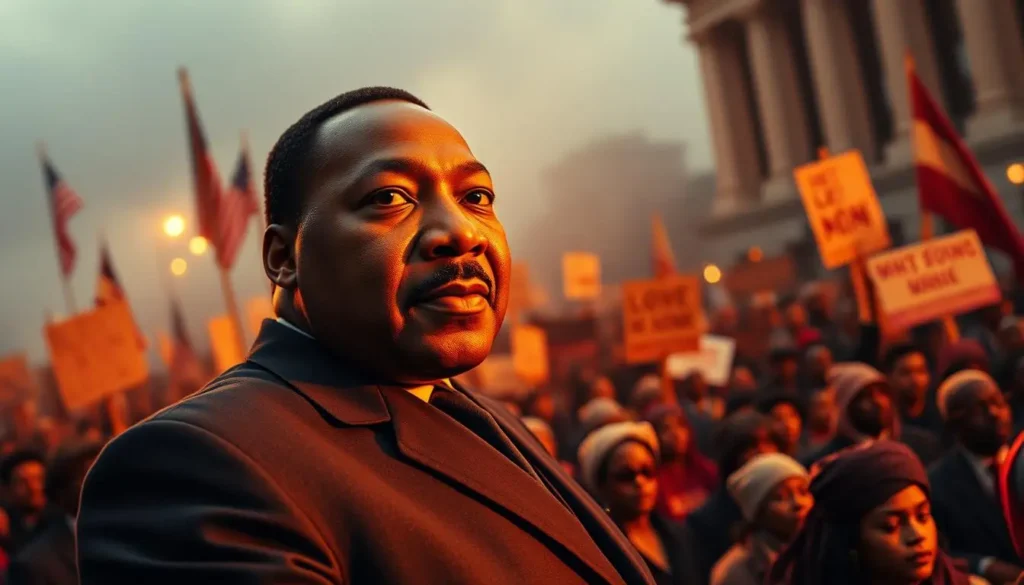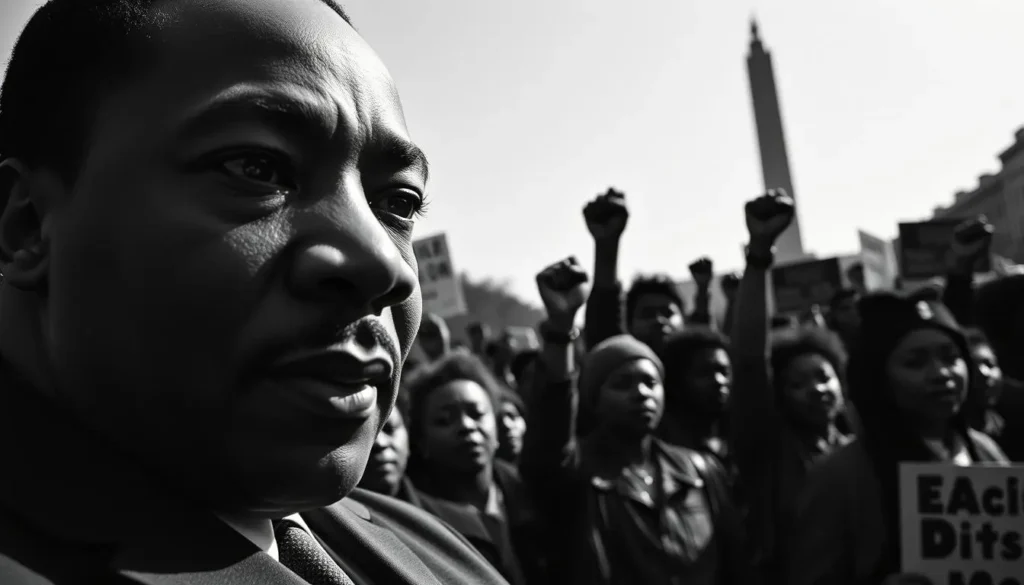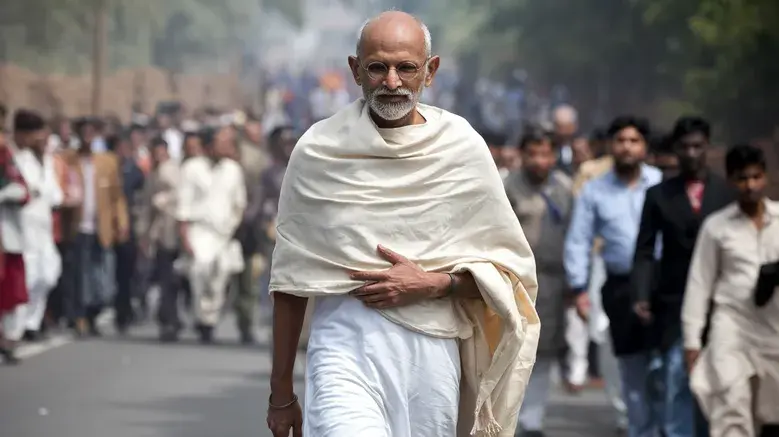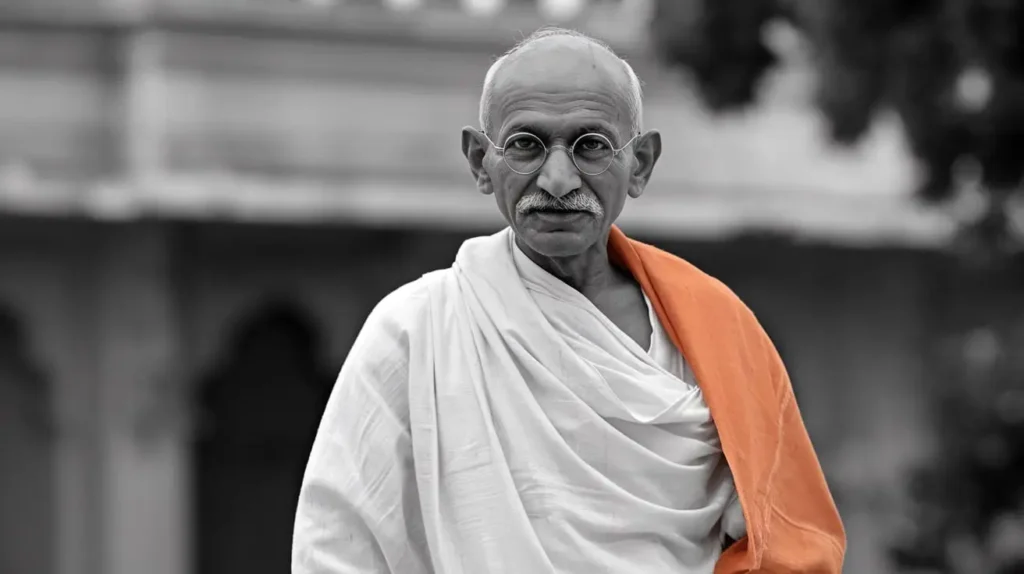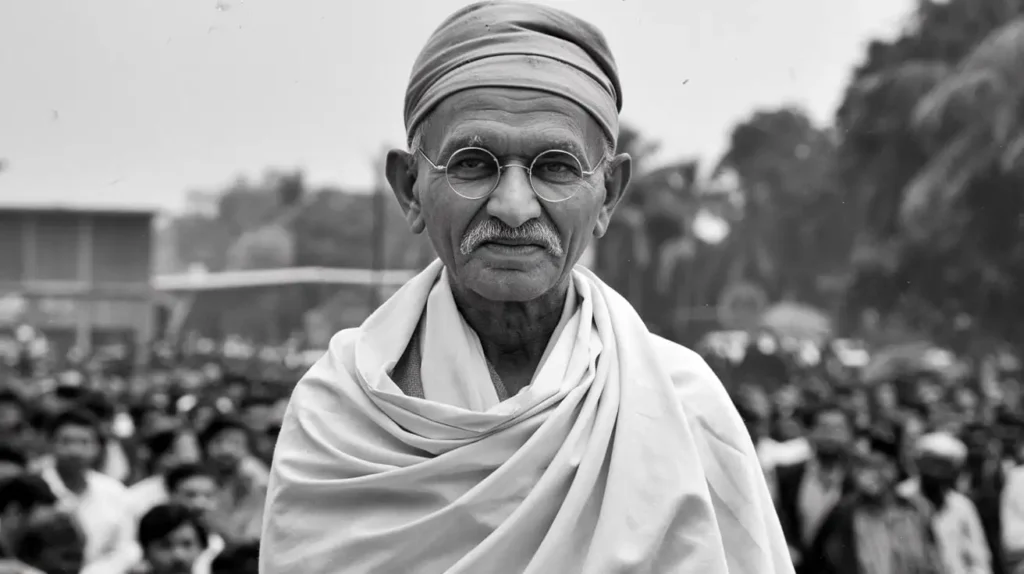Rosa Parks Biography
/0 Comments/in Biographies & Life Stories, Historical & Political Figures/by rathodkethan1@gmail.comRosa Parks: Who started a movement against racism by refusing to leave the bus seat?

Blacks treat discriminant
It was 1955. At that time, racism was at its peak in the southern American state of Alabama. So slave owners and traders held Black women, men, and children captive and exploited them for their labor and suffering. But they did not have the right to vote. Blacks could not step on the path on which whites walked. Even water taps and bus seats were different among them.
At that time, racial violence and discrimination plagued the nation during this period. So a black woman working in a department store refused to give up her bus seat to a white man. Then the bus driver called the police, and this woman got convicted. Rose Parks did fine, $10, and had to pay an additional $4 court fee.
Rosa Parks protest for Blacks
But the woman’s courageous protest galvanized her to speak out. Then she boldly raised her voice to challenge the racial inequality and discrimination. This woman was Rosa Louise McCauley Parks. Even after this incident, Rosa did not give up. Continuity to blew the trumpet of the fight for equality in America.
She challenged the law against racism. That inspired other people to protest against injustice and discrimination. Individually Rosa’s rebellion had now become everyone’s. This civil movement lasted for about a year. And finally the US Supreme Court had to order that Black citizens could sit anywhere on the bus.
Her marriage to a local barber and fighting against injustice together.
When Rosa was 19 years old, she married a local barber. The name of that barber was Raymond Parks. After this, both of them together raised their voice on many social issues.
She continued to speak there as well. In 1987, Rosa founded ‘The Rosa and Raymond Parks Institute.’. In this institute, youth from the Black community were given training for jobs.
Rosa Parks faced threats
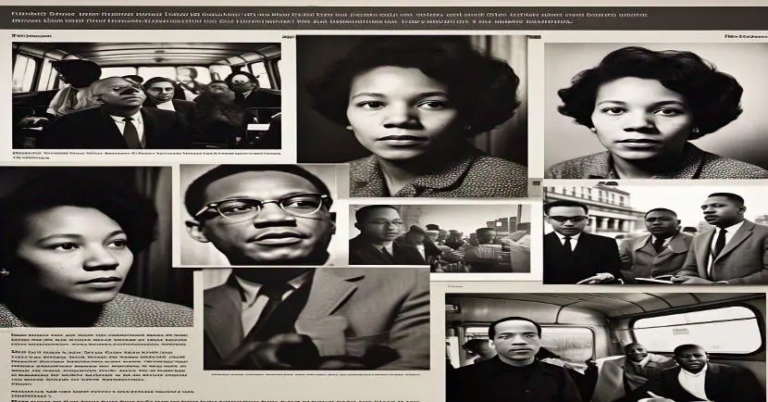
But Rosa’s journey was not so easy. Then Rosa had to face constant harassment and threats due to the bus boycott movement. Due to this, she lost her job. After which Parks finally decided to move to Detroit with her husband and mother. Where Parks’ brother lived.
Here Parks got the position of an administrative associate in the office of civil rights leader John Conyers Jr. In the year 1965. Long life, Rosa worked here till retirement. So Rosa went to school only five months a year. The rest of the time she had to work in the fields. Again, Rosa completed high school after getting married.
Nixon believe women stay in the kitchen
In such situations, Rosa stated, “I chose to serve as secretary, as I couldn’t bear to decline the request.” Here she worked for local NAACP leader Edgar Nixon. So he believed women should stay in the kitchen. When Parks asked, “Well, how about me?”. Nixon replied, “I need a secretary, and you’re fine.” At that time, the position of secretary was appropriate for women.
As secretary in 1944, Rosa investigated the gang rape of a Black woman in Alabama. Together Parks and other civil rights activists formed ‘The Committee for Equal Justice’ to get justice for the woman. Where the Chicago Defender called ‘the strongest campaign for equal justice of that decade.’.
Rose Parks protest against rape
Continue Parks worked as an anti-rape activist for five years. Then Parks also worked for some time at Maxwell Air Force Base. Boldly, Rosa Parks refused to surrender her bus seat in 1955. The first time it was not that she clashed with bus driver James Blake.
Here Parks had protested against the injustice against Black citizens. In the same bus 12 years before this incident. But she protested against the rule for Black people to get off the bus. And re-enter from the back door. When Rosa refused to do so. Badly, Blake got angry and pulled Rosa’s coat sleeve and asked her to get off the bus.
Rosa Parks wrote her biography
She got in through the back door, but Park thought it better. Due to leave the bus instead of doing so. In the years after her retirement, Rosa traveled to support civil rights events. Self-support, she wrote an autobiography called Rosa Parks: My Story.
According to the website History, in her autobiography, she mentioned the bus incident. Supposedly, she was writing, “People always say I didn’t give up my seat because I got tired. But that’s not true. Physically, I wasn’t tired.
I wasn’t old, although some people thought I was old at that time. But I was forty-two. When I got tired of only one thing: giving up.” Rosa Parks initiated a wave of resistance against racism. When she boldly refused to vacate her bus seat.
Civil rights movement
The name of this woman who refused to leave her seat was Rosa Parks. Now she had to face punishment for this bravery. Police officers arrested Rosa Parks. But Rosa had done her job. So she had created the spark. For a long time, the Black community had been patiently awaiting change. Then the Montgomery bus boycott had become an issue.
People like Martin Luther King Jr. were playing an active role in this campaign. But this was just the beginning. The objective was that everyone in America should get equal rights.
There should be no racial or caste discrimination against anyone. And the most important thing was to end the humiliating ‘Jim Crow segregation.’. Due to which the Society consistently despised and marginalized the Black community.
Racism
Here, African Americans also could not eat in restaurants like white people. This continued until 1963, when the US government finally had to end it. Due to the efforts of people like Rosa Parks and Martin Luther King Jr.
Death
Honored with America’s highest civilian award.
From the US government, Rosa got the ‘Congressional Gold Medal of Honor’ in 1999. It is called America’s highest civilian award. Even in her old age, Rosa was always vocal for civil rights. In 2005, at the age of 92, Rosa said goodbye to this world.
But throughout her life, the mother of this civil rights movement continued to speak fearlessly for the truth. She used to say, ‘If you are doing the right thing, then you should never be afraid of anything.’
